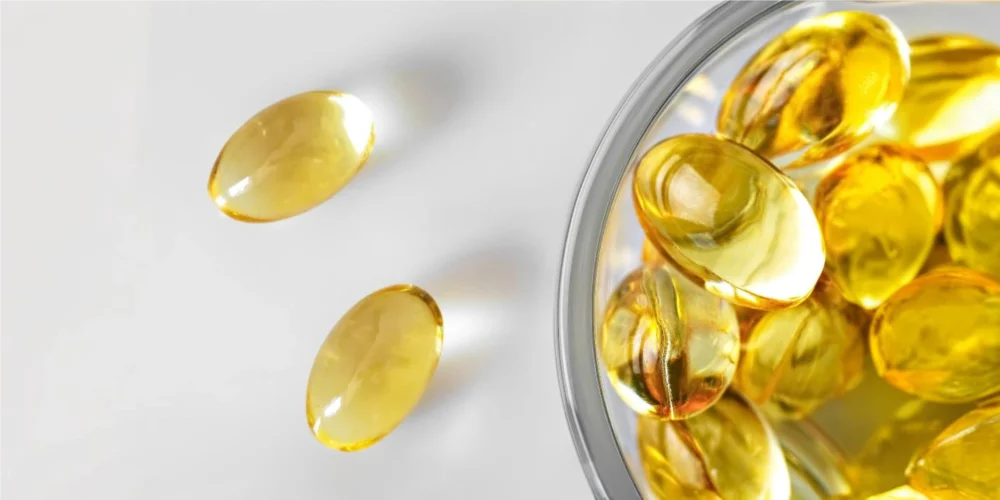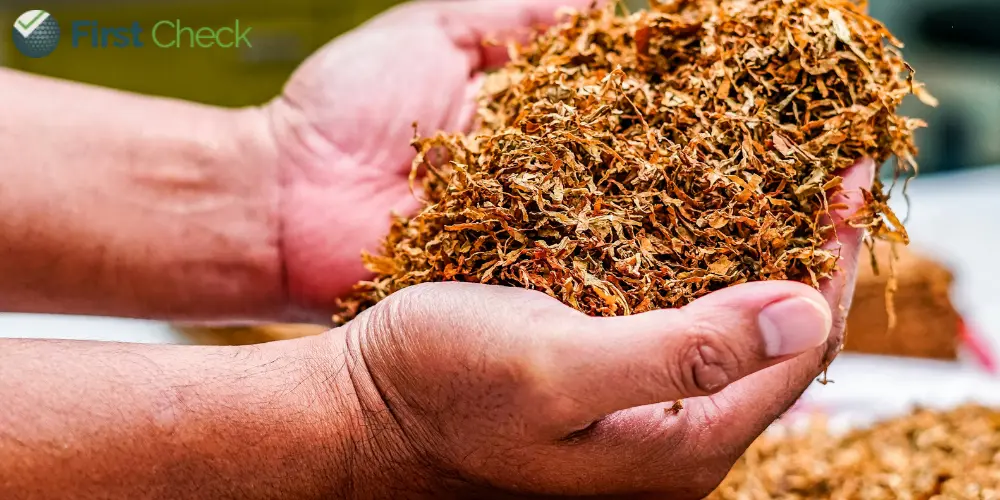Fact-check: Soursop not an alternative for cancer treatment
Author
Author
- admin / 3 years

- 0
- 2 min read

Author
Although there have been preliminary laboratory trials to test the efficacy of the fruit in killing cancer cells, there have been no human trials yet.
There are multiple videos on YouTube – for example, here, here and here – claiming that Graviola, also known as soursop, is a ‘cancer fighting fruit’. However, medical experts warn against the use of this popular tropical fruit to treat cancer as there is lack of clear scientific evidence to support to this claim. Although there have been preliminary laboratory trials to test the efficacy of the fruit in killing cancer cells, there have been no human trials yet.
Soursop has been associated with many unsubstantiated claims. There are videos claiming that soursop precisely targets the cancer cells, making it 1000 times more effective than chemotherapy, a trusted medical treatment for cancer.
Dr Salil Patkar, Director of Oncura Cancer Clinic and Consultant at Apollo Hospital, Mumbai, India, maintains, “Soursop is not a substitute for conventional cancer treatments, such as chemotherapy, radiation therapy, or surgery. There is no evidence to suggest that soursop is more effective than chemotherapy.”
In fact, the consumption of soursop has been associated with several side effects, including nausea, diarrhea, and neurological symptoms. “In rare cases, consumption of soursop has been linked to a neurological disorder called atypical Parkinsonism, which can be fatal,” cautions the oncologist, a graduate from Harvard Medical School.
Opting for scientifically unproven remedies can be dangerous. Delaying or avoiding evidence-based cancer treatments can result in the cancer spreading, and becoming more difficult to treat. It is advisable to seek guidance from a qualified healthcare professional before trying any alternative or complementary therapy to treat chronic diseases such as cancer.








